Dr Robert Dempsey (Lecturer in Psychology & Co-Director of the Staffordshire Centre for Psychological Research) blogs about a newly published study in the journal Clinical Psychology & Psychotherapy investigating the relationship between the experience of bipolar disorder and social interaction (and vice versa):
As part of our ongoing research into the role of psychosocial factors in the experience of suicidality by people with a bipolar disorder diagnosis, we have recently published a qualitative study exploring the relationship between bipolar disorder and social interaction (and the other way, the effects of social interaction on people’s experience of bipolar disorder). We have previously published data on the impact of social factors and interaction on the experience of suicidality for people with bipolar disorder (read more here), but we were also interested in exploring the general relationships between social functioning on bipolar disorder, and the effects of bipolar-related experiences (e.g. mood symptoms like hypomania, depression and mania) on our participants’ social functioning.

Social functioning can take many forms – including relationships with friends, family and work colleagues, to being able to be socially active.
We know that having social support is key for improving wellbeing, irrespective of whether you have a diagnosed mental health condition or not. Social support, which can take many forms (e.g. family support, friendships, online relationships), may help buffer against the experience of negative thoughts, low mood, even suicidality. However, we also know that the experience of bipolar disorder can put a strain on social relationships (especially for close relatives and/or caregivers as applicable) as well as on the individual’s ability to maintain their social relationships and current functioning. Our study consisted of a series of interviews with 20 people with lived experience of bipolar disorder, where we asked about their social experiences, the effects of bipolar disorder on their social experiences, and the effects of social experiences on their experience of bipolar disorder (especially the experience of bipolar mood symptoms). We interviewed our participants, transcribed the data and analysed the interviews using an inductive thematic analysis approach (Braun & Clarke, 2006).
We organised our themes into four groupings, including:
(1) positive effects of bipolar disorder on social experiences, where our participants discussed how their bipolar disorder gave them social advantages – especially when feeling more self-confident which our participants attributed to be a result of feeling more hypomanic. Having a diagnosis of bipolar disorder was, for some of our participants, beneficial for helping family and friends understand their experiences.
(2) negative effects of bipolar disorder on social experiences which were experienced by all our participants – often where the symptoms of a major mood episode had a negative impact on relationships, sometimes due to behaviours which may have negatively affected other people (e.g. loss of friendships when flat sharing when manic). The label of having a bipolar disorder diagnosis could also create stigma and social disadvantages – with participants discussing how others (e.g. work colleagues) withheld opportunities from them as they were perceived to ‘just get unwell again’, when actually the participant was fully able to complete such activities.
(3) positive effects of social experiences on bipolar disorder; for many, social support from others, especially when others were empathetic and showed understanding towards the individual, facilitated our participants’ wellbeing and personal coping. Friends and family were key in offering support, helping the individual to challenge their own negative thoughts about themselves by boosting their positive self-worth.
(4) negative effects of social experiences on bipolar disorder; some participants discussed experiences of other people perceiving that their behaviour was due to their bipolar disorder when actually their behaviour was benign and non-mood related. Our participants felt that some people failed to see the difference between the individual and their mood symptoms (which some participants referred to as their ‘illness’).
The relationship between bipolar-related experiences and social functioning was a complex one for our participants, with a number of positive and negative effects. A key strength of our findings is that these are based on our participants’ own personal experiences. We did note that all of our participants discussed that their experience of bipolar disorder had a negative impact on their social functioning, however, there were a number of positives which our participants felt gave them a social advantage (e.g. increased confidence, increased resilience and better relationships with friends and family). This is consistent with prior research which has highlighted a number of positives associated with the experience of bipolar disorder (including increased creativity and inspiration, and enhanced perception; Lobban et al., 2012).
We are currently analysing data from a prospective study investigating the predictors of suicidality over a four month period in a sample of 80 people with bipolar disorder (including predictors like social functioning, self-appraisals, appraisals of social support and resilience), which we will blog about at a later date. You can read more about our current qualitative study via the journal’s website:
 The School of Psychology, Sport and Exercise at Staffordshire University is a leading School in the UK for Psychology research and is situated in the heart of England.
The School of Psychology, Sport and Exercise at Staffordshire University is a leading School in the UK for Psychology research and is situated in the heart of England.
The School is home to the Staffordshire Centre for Psychological Research, a hub for research excellence for psychology research at the University. The Centre houses experts from a variety of psychological disciplines (including our renowned Centre for Health Psychology) and offers Postgraduate Training in Research, including Applied Masters by Research courses, MSc in Health Psychology, MPhil/PhDs, as well as Taught Professional Doctorates in Health and Clinical Psychology.
Interested in a Psychology degree? Come to an Open Day – for further details, and to book your place at an upcoming Open Day, please visit: http://www.staffs.ac.uk/openyourmind/
For more information or details of the wide range of Psychology degrees on offer at Staffordshire University please visit our website and our courses page.


 Interested in a Psychology degree? Come to an Open Day – for further details, and to book your place at an open day, please visit: http://www.staffs.ac.uk/openyourmind/
Interested in a Psychology degree? Come to an Open Day – for further details, and to book your place at an open day, please visit: http://www.staffs.ac.uk/openyourmind/ 


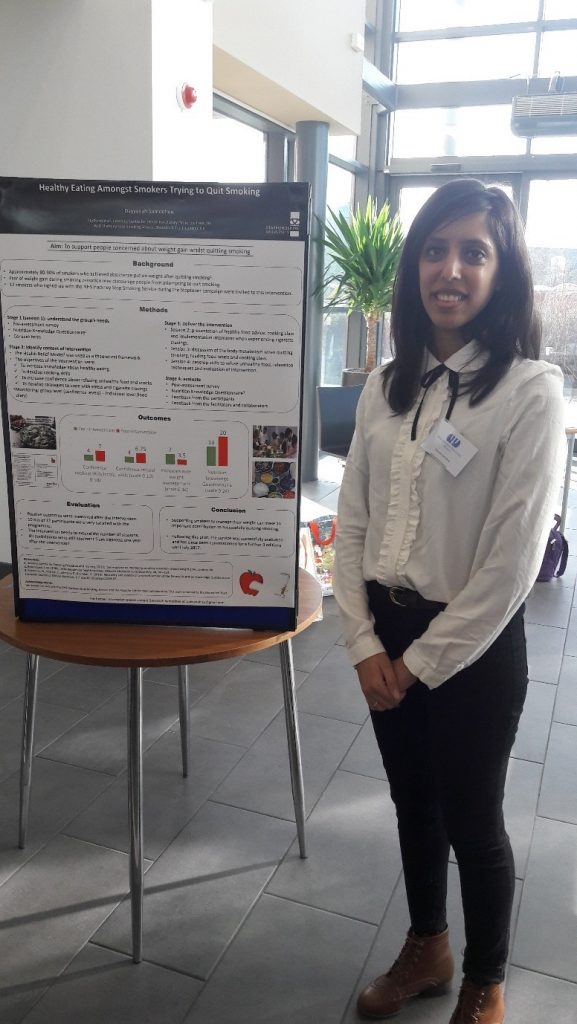
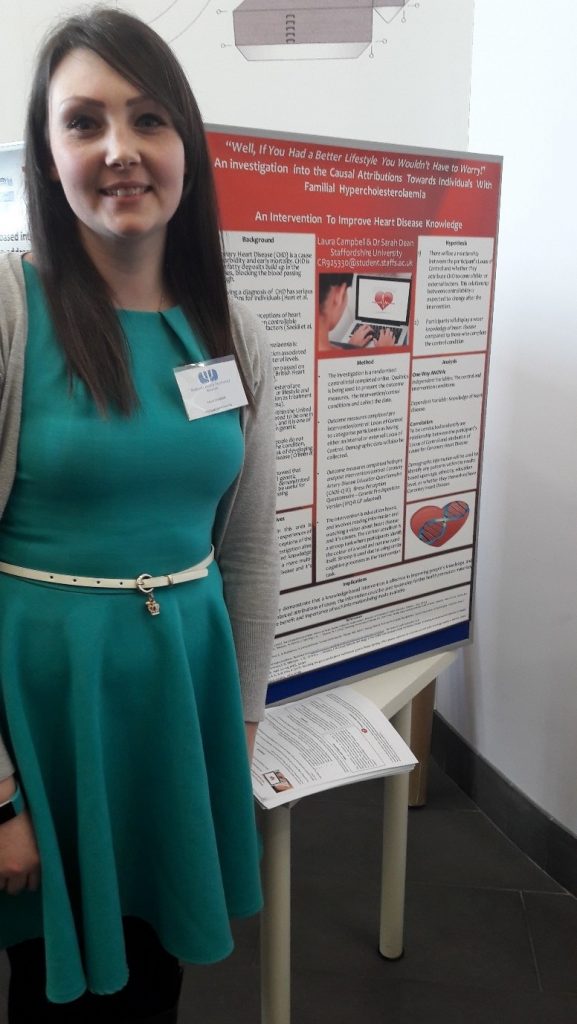
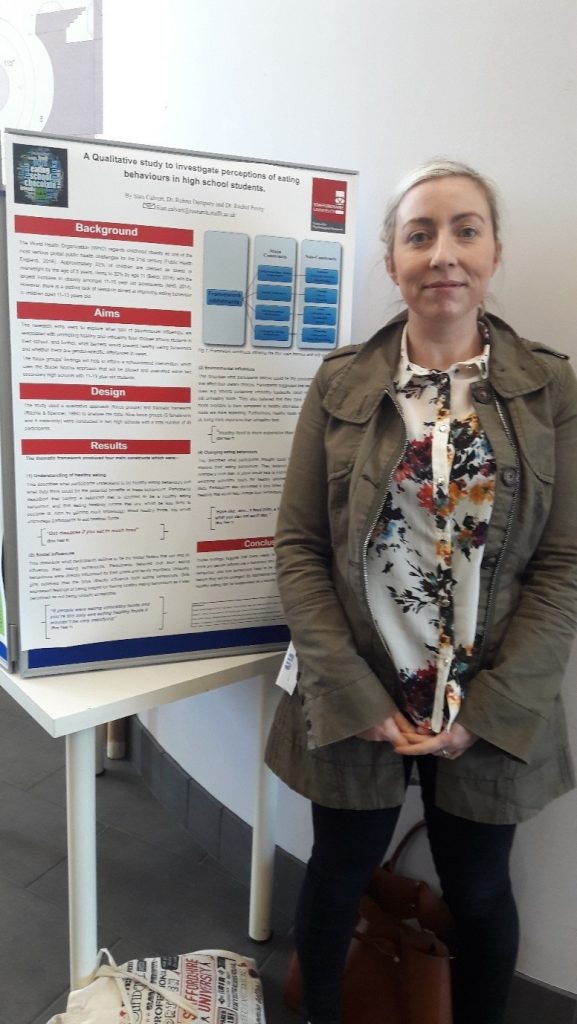
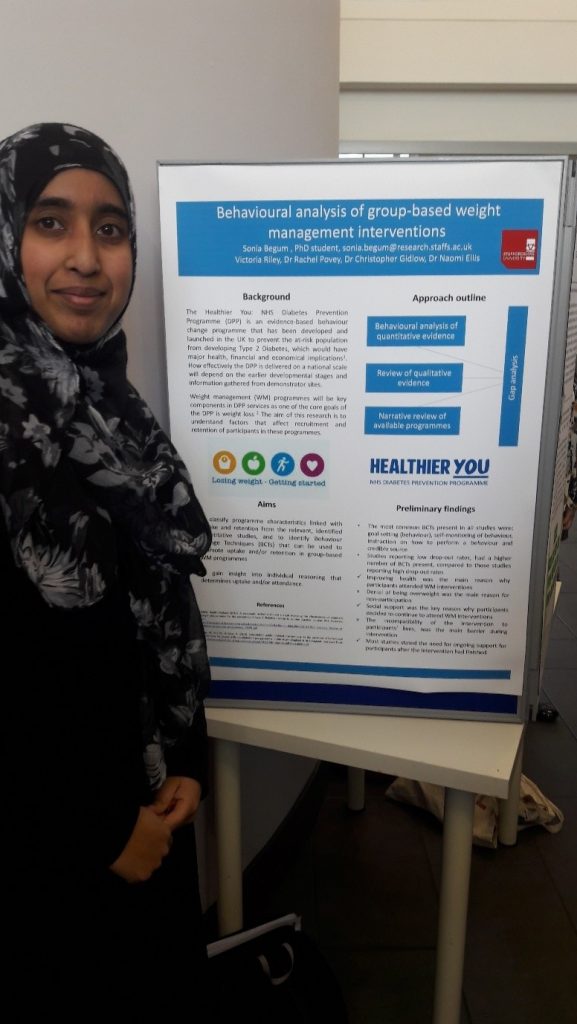
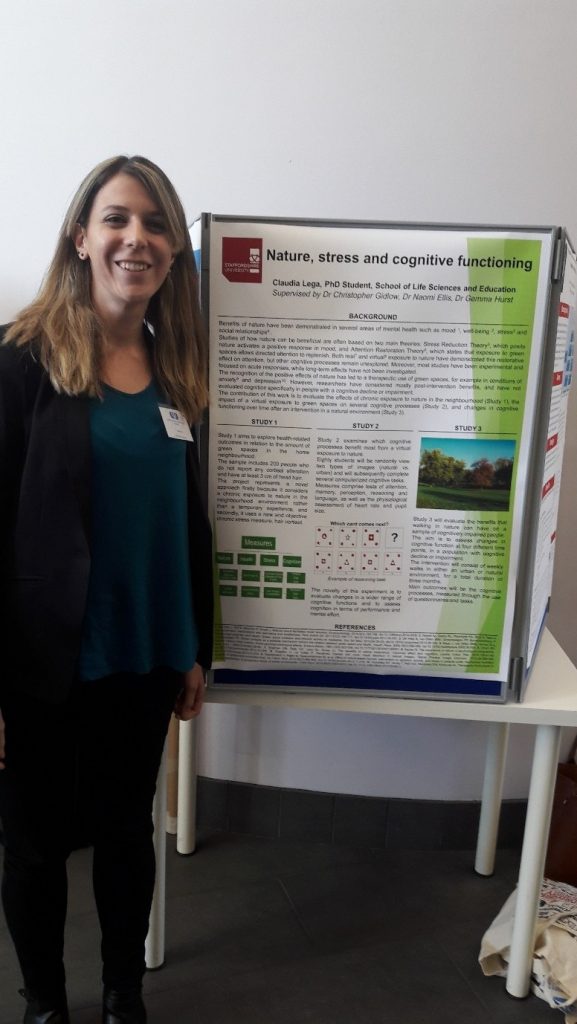





 clubs’ for individuals in recovery from various mental health conditions. Dr Joy Thorneycroft and Dr David Dobel-Ober talked about how these book clubs were co-produced between service-users and healthcare staff and aimed to help support service-users in recovery and post-discharge from trusts. Joy and David’s talk included some very interesting qualitative data about the challenges and benefits associated with running these groups, including good practice for running other co-produced groups in the future. What seemed particularly important was that the book groups were informal, unpressured (in terms of having to read a certain number of books per month), and were run in a ‘non-mental health’ setting (i.e. a local library). Their evaluation of these groups suggested that they were particularly helpful with boosting the attendees’ self-confidence and social interaction, if not with more specific issues like concentration difficulties associated with the experience of and recovery from depression.
clubs’ for individuals in recovery from various mental health conditions. Dr Joy Thorneycroft and Dr David Dobel-Ober talked about how these book clubs were co-produced between service-users and healthcare staff and aimed to help support service-users in recovery and post-discharge from trusts. Joy and David’s talk included some very interesting qualitative data about the challenges and benefits associated with running these groups, including good practice for running other co-produced groups in the future. What seemed particularly important was that the book groups were informal, unpressured (in terms of having to read a certain number of books per month), and were run in a ‘non-mental health’ setting (i.e. a local library). Their evaluation of these groups suggested that they were particularly helpful with boosting the attendees’ self-confidence and social interaction, if not with more specific issues like concentration difficulties associated with the experience of and recovery from depression.



 centre of excellence for teaching and research in Health Psychology, and is home to Staffordshire’s BPS Accredited Stage 1
centre of excellence for teaching and research in Health Psychology, and is home to Staffordshire’s BPS Accredited Stage 1

